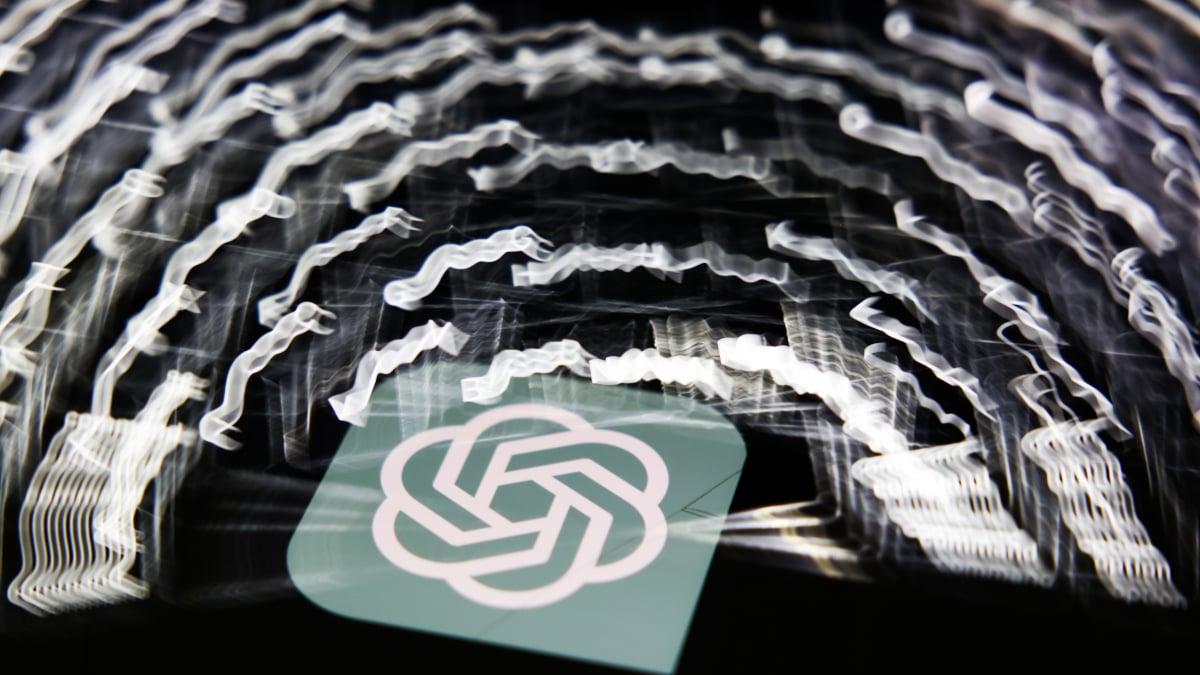LLMs — the data models powering your favorite AI chatbots — don't just have social and racial biases, a new report finds, but inherent biases against democratic institutions.
A recent study, published by researchers at the MIT Sloan School of Management, analyzed how six popular LLMs (including ChatGPT, Gemini, and DeepSeek) portray the state of press freedom — and, indirectly, trust in the media — in responses to user prompts. The results showed that LLMs consistently suggested that countries have less press freedom than official reports, like the non-governmental ranking like the World Press Freedom Index (WPFI), published by Reporters Without Borders. ChatGPT, for example, ranked 97 percent of the 180 countries used in the test negatively.
Chatbots have become an essential piece of infrastructure in the information environment — reaching levels of influence on par with that of social media — and they may also carry the weight of influencing how their users understand freedom worldwide. The MIT study found the LLMs distorting and under-counting the press freedom in nations that actually place relatively few restrictions on journalists.
"LLMs have millions of users around the world," Isabella Loaiza, postdoctoral researcher at MIT Sloan and one of the report's authors, told Mashable. "So their misrepresentations of the press, its integrity, and independence can distort the public's perception of civic rights and the freedoms enjoyed by reporters within and across countries."
LLMs may skew perceptions of their home country
In addition to generally skewed rankings of press freedom globally, the study found that LLMs have a natural "in-group bias" that swayed which countries received a more critical evaluation, with all six chat agents ranking countries with historically high ratings of press freedom, or "freer" countries, disproportionately lower than other countries. At the same time, the LLMs displayed natural in-group biases that resulted in more positive assessment of their home, or developer, countries.
Overall, the tests showed systematic, not random, biases in how LLMs assess press freedom. The reasons for this lie, as with all model bias, in their training data. "We refer to what some authors have called the democratic dilemma, whereby in societies with greater press freedom, journalists, and citizens can freely critique government policies and document press freedom violations, generating substantial negative coverage that becomes overrepresented in the training data," the report explains. As more "negative" news is disseminated in "freer" countries, countries with authoritarian or restricted media systems suppress critical reporting, misaligning data and the chatbot's response.
Mashable Light Speed
"While we find that the LLMs misrepresent press freedom similarly in two ways — both by underrating press freedom and by being more critical of freer nations — our third finding show that different models are misaligned in different directions," Loaiza explained. "This result is interesting because having these differences in the way that LLMs are misaligned makes it more difficult to spot these biases, and we also haven't seen other research that shows such diverging patterns. Additionally, this finding (the home bias) suggests that a particularly popular or widely used model could influence global narratives about its home country or countries similar to it, by being less critical about the state of its press freedom."
Studies have shown that users who interact with daily news mainly through social media have less confidence in the press, the report explains, but LLMs pose an additional set of problems. They are, on one hand, more similar to traditional print and broadcast news sources with centralized information streams. But AI chatbots are also influenced by algorithmic content mediation, just like social media feeds, creating similar echo chambers in addition to problems unique to chatbots, such as sycophantic behavior.
According to researchers, these biases pose the risk of downplaying press restrictions in more authoritarian countries in responses, while providing wealthier nations and developers with a means to "project soft power" in the global "AI race."
Chatbots could be problematic tools for human rights
Even chatbot enthusiasts have noted the unreliability of the most popular models and the ease with which they can fall into nationalist responses. Early DeepSeek users, for example, found that the chat agent censored prompts about Chinese politics and history, a limitation built into the model at the behest of Chinese state officials, which deter generative AI that violates the country’s "core socialist values" or “incites to subvert state power and overthrow the socialist system.”
The report's authors connect these findings to the increasing use of AI in official evaluations, including its integration within high-level international bodies like the United Nations, calling into question their reliability as tools for global human and civic rights assessments.
"As these systems become key cultural and geopolitical tools, they must ensure accurate representations of democratic institutions, like the press and human and civic rights," the report authors write. "Their alignment with democratic principles becomes not just a technical challenge but a fundamental requirement for preserving democratic societies in the digital age."
"Access to reliable information on the state and health of the institutions that uphold democracy is critical for civic participation," said report co-author Roberto Rigobon.






